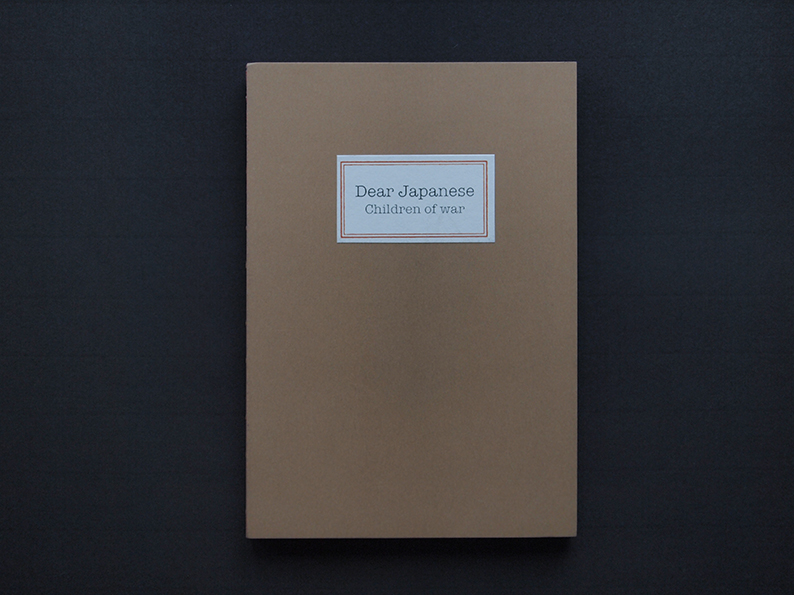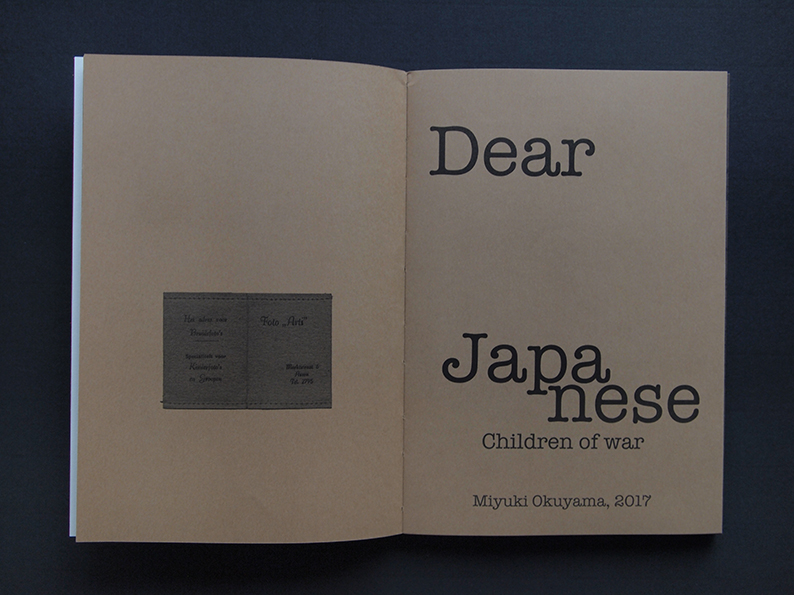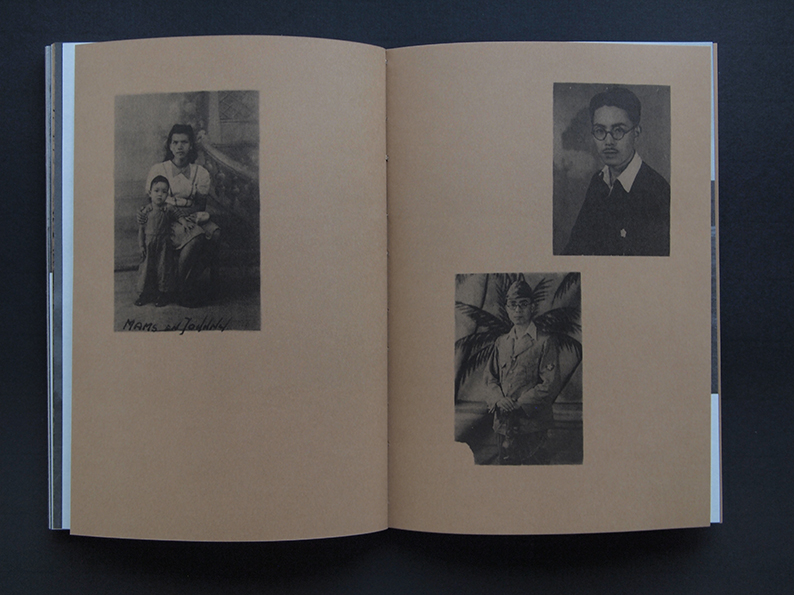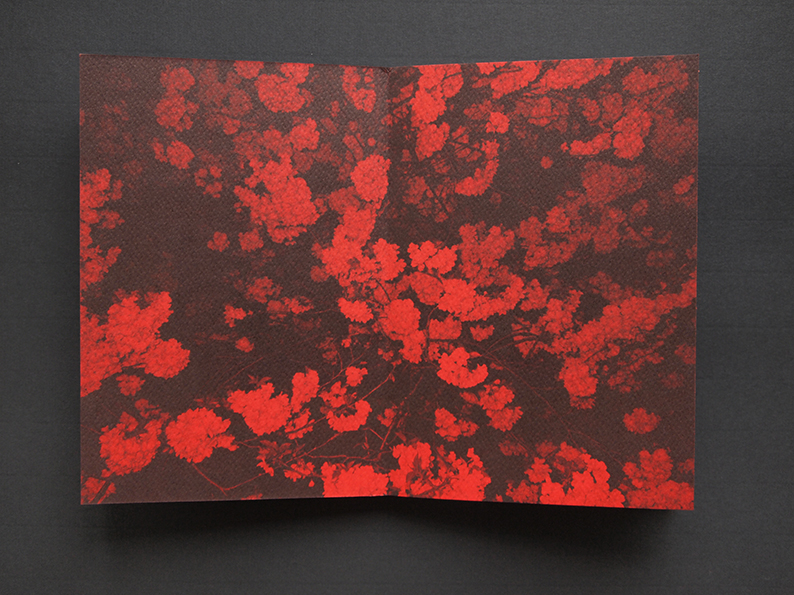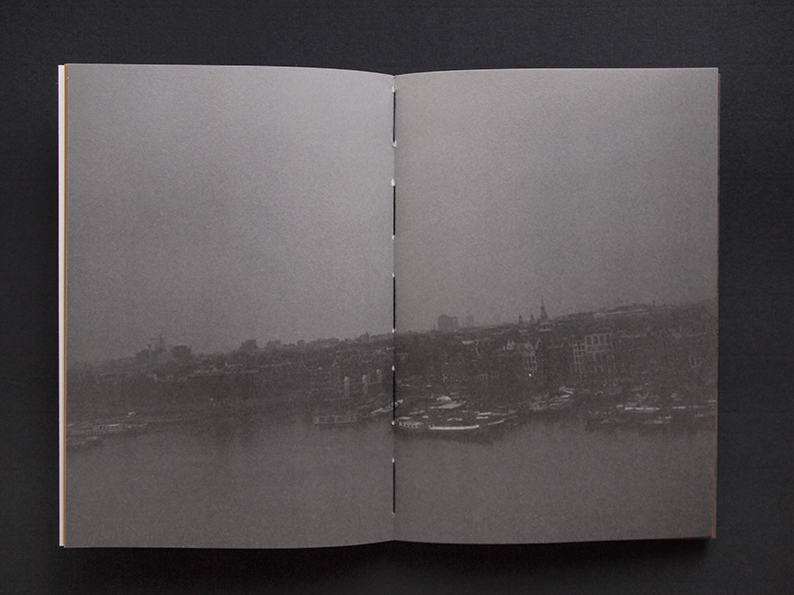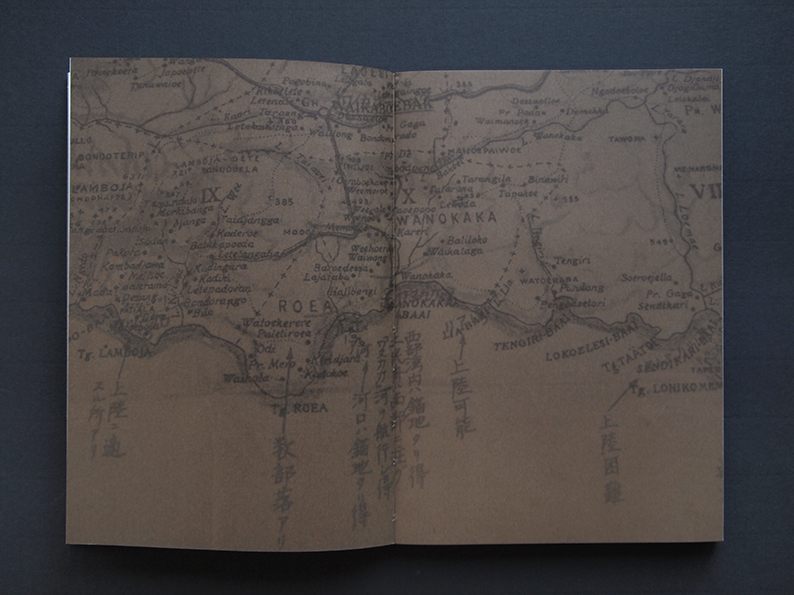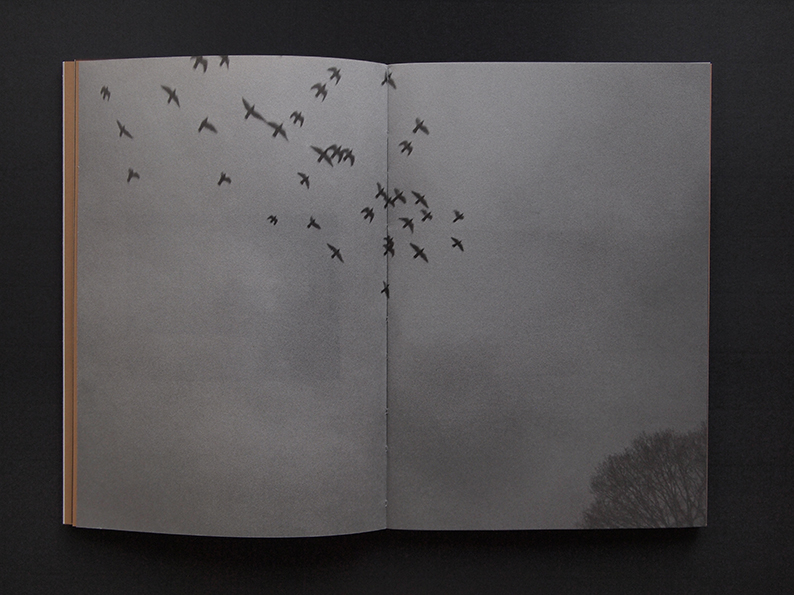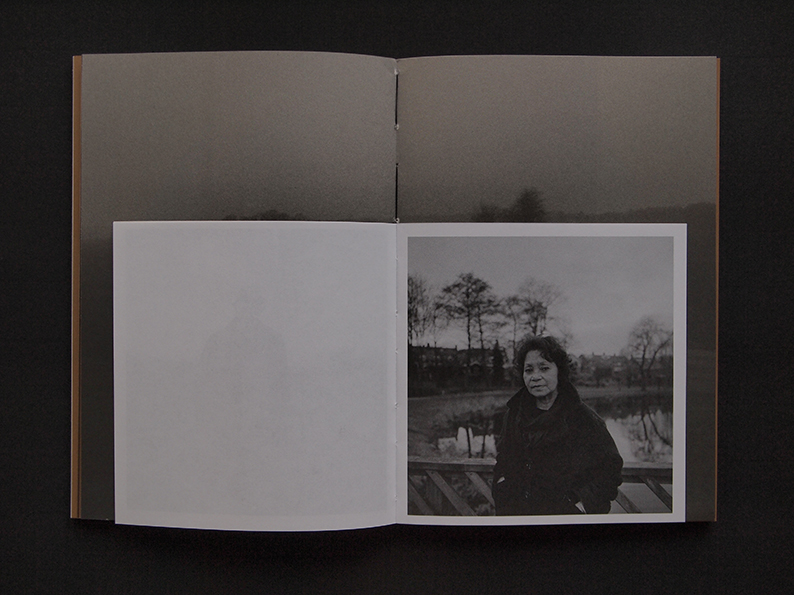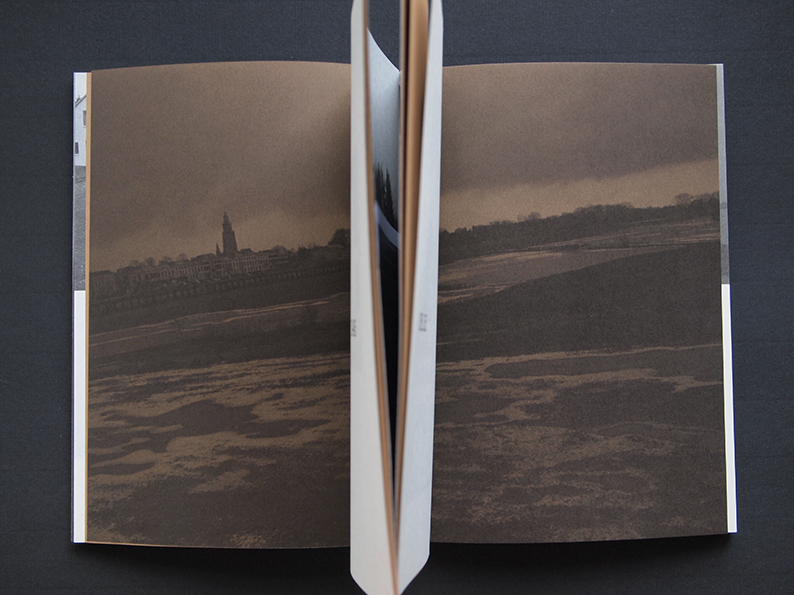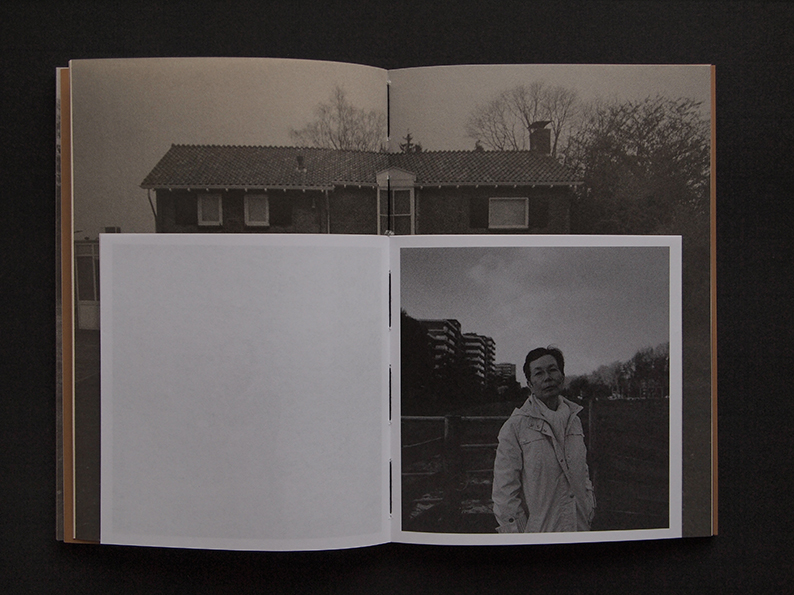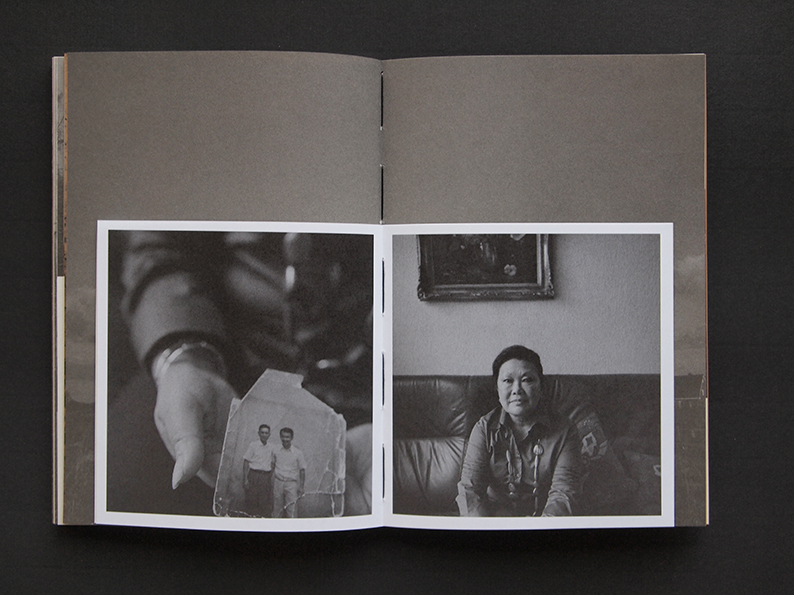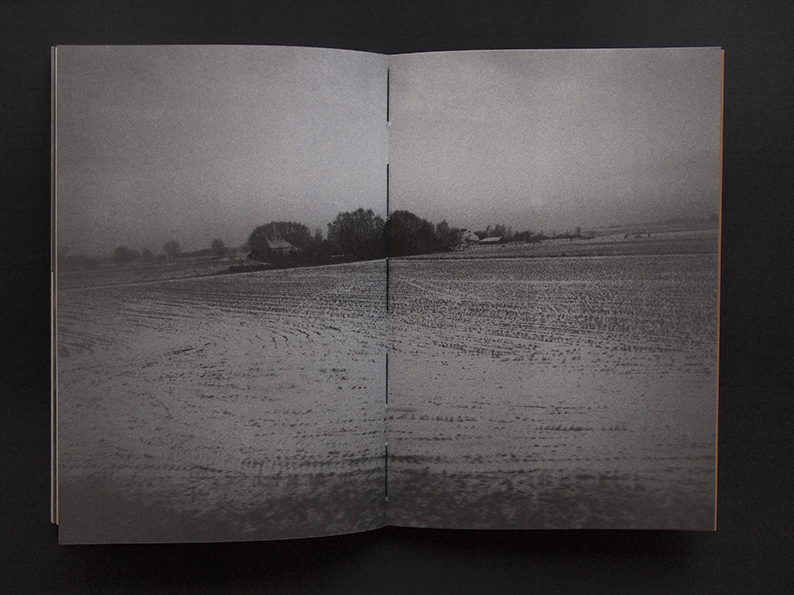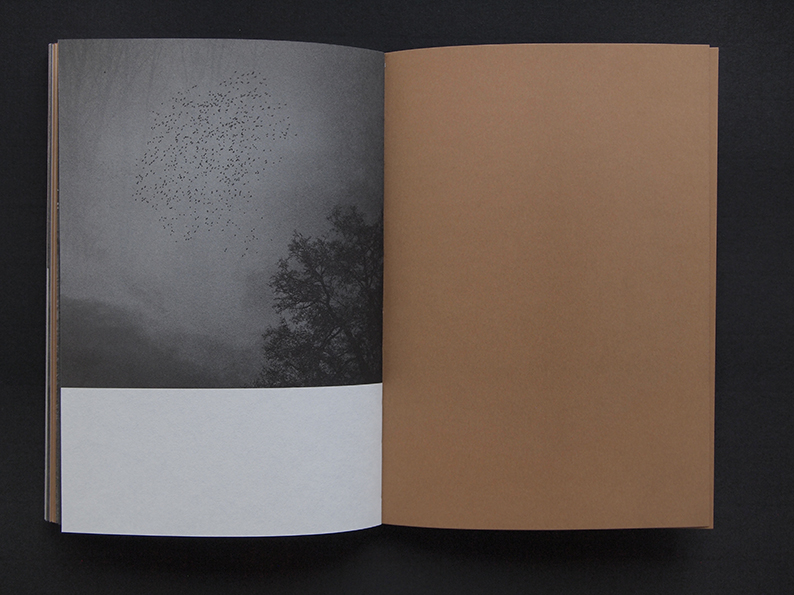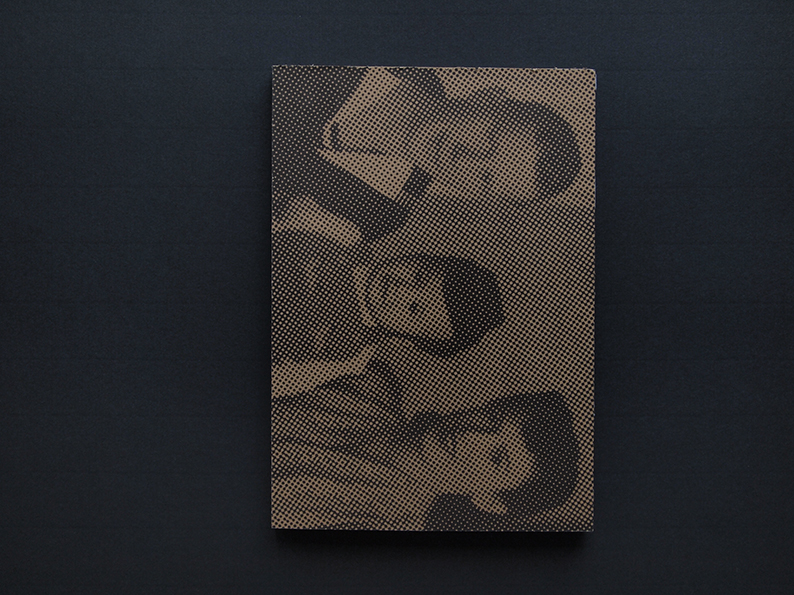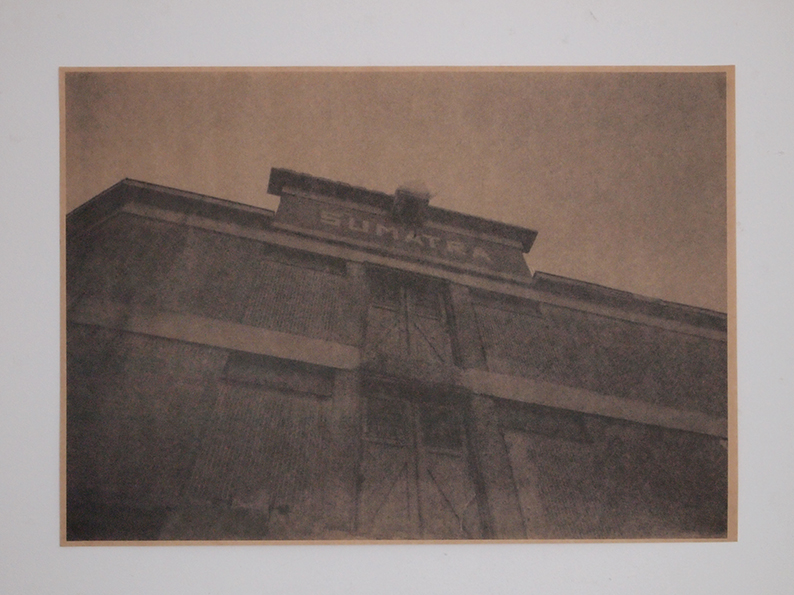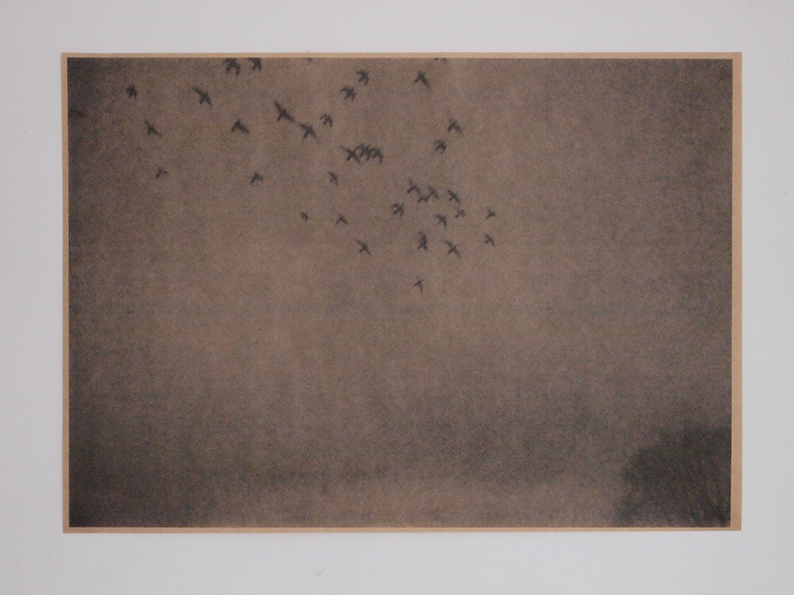[SOLD OUT NOW!] MIYUKI OKUYAMA PHOTOBOOOK “DEAR JAPANESE” CORTONA ON THE MOVE EDITION, RPS SPECIAL
Miyuki Ouyama, a participant of RPS photobook as an object workshop in 2015, she produced 70 editions of artist book from her dummy she developped through the workshop and we also organized her exhibition in 2015. This book has been well received as her artist book has been sold out and won the 2016 Cortona on the Move Photobook Review & Dummy Award, being offered to get her book published through Cortona on the Move in 2017. We’ll have copies with 2 exclusive, complimentary Risograph posters. The book will be shipped sometime late August or early September.
Book Details SOLD OUT, THANK YOU!
160 pages
80 images (49 images plus 31 images from archives)
20 x 14 cm
Published in July 2017
Publisher: Cortona On The Move, Cortona, Italy
ISBN:978-88-99901-01-1
YOU COULD PLACE YOUR ORDER CHECKING OUT THE PAYPAL, PLEASE MIND THE DESTINATION WHERE YOU WOULD LIKE THE BOOK TO BE SHIPPED. THE SHIPPING WILL BE MADE FROM THE NETHERLANDS.
**Awards
2016
Cortona on the Move Photobook Review & Dummy Award, winner
LUMA Rencontrs Dummy Book Award Arles, nomination
DOCfield Documentary Photo Fest, Dummy Award, nomination
2015
The Anamorphosis Prize, nomination
Fiebre Photobook Dummy Award, nomination
**Collections
MoMa Library, New York
Franklin Furnace Foundation, New York
Haas Arts Special Collections, Yale University
About the Project:
“Dear Japanese” is a documentary made with my personal perspective as a Japanese living in the Netherlands, portraying the offspring of Japanese soldiers and Dutch-Indonesian women, born during Pacific War in Indonesia, now living in the Netherlands.
In the portraits, the models look straight into the viewers’ eyes beyond the lens. Their gaze challenges the viewer to see who they really are. A Dutch/Indo viewer might notice the dissimilarity of appearance to him, while a Japanese viewer might find striking resemblance to himself. Similarly, the ordinary Dutch landscapes may appear unfamiliar to the eyes of the photographer and the photographed. This is a subjective documentary on compatriots abroad, assembled from a personal perspective as a Japanese immigrant in the Netherlands, sharing with the models the complexity of having pride in being Japanese, coupled with feelings of alienation and guilt.
Historical Background “Dear Japanese”
Since the 16th century, the Netherlands colonozed the Indonesian archipelago, and this gave rise to a population of Indo-Europeans—Dutch citizens sharing both European and Asian ancestry. Japan attacked and occupied the Netherlands East Indies in 1942. For the next three-and-a-half years, Netherlands East Indies was ruled by the Japanese military administration, with over 360,000 Japanese stationed in the Indies throughout that period. Not only were the men in military service interned in POW camps, most of Dutch civilian men were also interned in Japanese civilian camps.
With the men interned, the women were left to fend for themselves. Forced to search for a livelihood, many Indo-European women found work in Japanese offices, cafes or restaurants. In many cases, their encounters with the Japanese occupiers led to intimate relationships and births. The number of Japanese offspring born during the war were estimated to at least 10,000* or approximately between 30,000 and 40,000** in Indonesia, but there is no concrete number even now.
After the Japanese capitulation, Indonesia declared its independence. This was the beginning of the four-year decolonisation period followed by large-scale military operations by the Netherlands. Throughout this period, the mothers of children who had been fathered by Japanese men often felt ostracised from their communities. Consequently, many women and their families decided to keep quiet about their experiences and their children’s Japanese parentage.
Even after resettlement from Indonesia to the Netherlands, the Japanese origins of these children would often remain a family secret. Many children of Japanese descent grew up in communities which harboured hostile sentiments towards Japan. Today, more than 70 years after the end of WWII, many children are still searching for their biological fathers in Japan to fill an important missing element of their identities, and many are still suffering the adverse effects of traumatic childhoods. They take pride in their Japanese roots and they yearn for the land of their fathers as they struggle to solve the puzzle of their origins.

